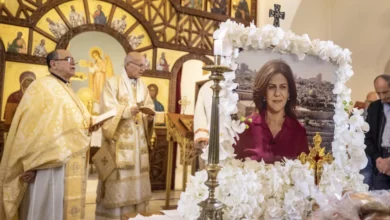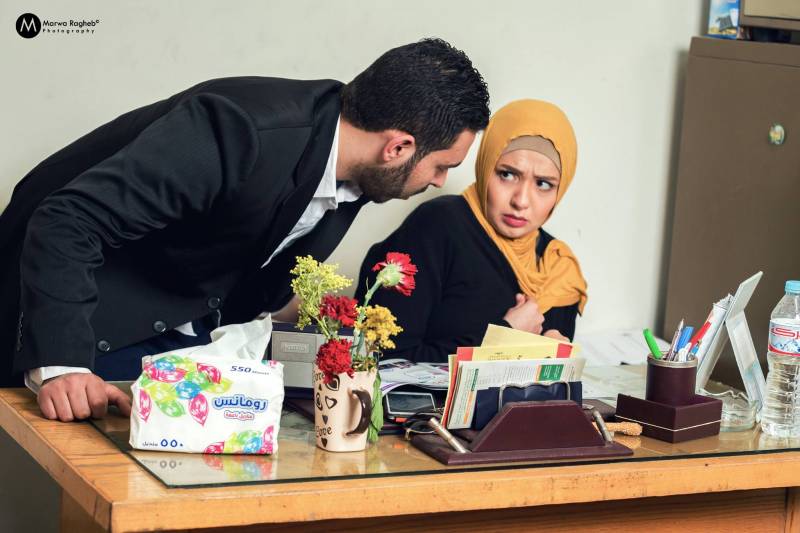Ismailia Military Court extended journalist Mohamed Sabry’s detention and postponed his case until 15 January, as several human rights organizations condemned his continued imprisonment Wednesday.
Border troops arrested Sabry, who works for several newspapers and news agencies, after he took photos of border checkpoints near the Rafah border.
Investigators claim that Sabry took photos of border troops’ vehicles and guard towers at the Karam Abu Salem crossing, while Sabry said he was reporting on a story about the defense minister’s decision to ban land ownership along the Israeli border.
Human rights organizations have called for Sabry’s immediate release, and blamed his arrest on Article 198 of the Constitution, which allows civilians to be tried by military courts.
In a statement, the organizations said the Sabry’s arrest is proof that their fears concerning Article 198 were justified.
The article was added to the new Constitution’s draft at the insistence of the Armed Forces representative in the Constituent Assembly, as it was finalizing the document.
They added that Sabry’s trial proves wrong all supporters of the Constitution who claimed that the article would not be used as a pretext to bring civilians to military trial.
The organizations called for dropping all charges leveled against Sabry.
The Egyptian Initiative for Personal Rights, No to Military Trials of Civilians, the Association for the Freedom of Thought and Expression, and the Cairo Center for Human Rights Studies signed the statement.
More than 12,000 civilians were tried by military courts during the 17-month rule of the Supreme Council of the Armed Forces from February 2011 to June 2012.
Mohamed Sabry is believed to be the first civilian to be arrested and to face a military trial since the Constitution was passed in late December.




